Judicial Appeals: Grounds - Legal Appeal Guidance
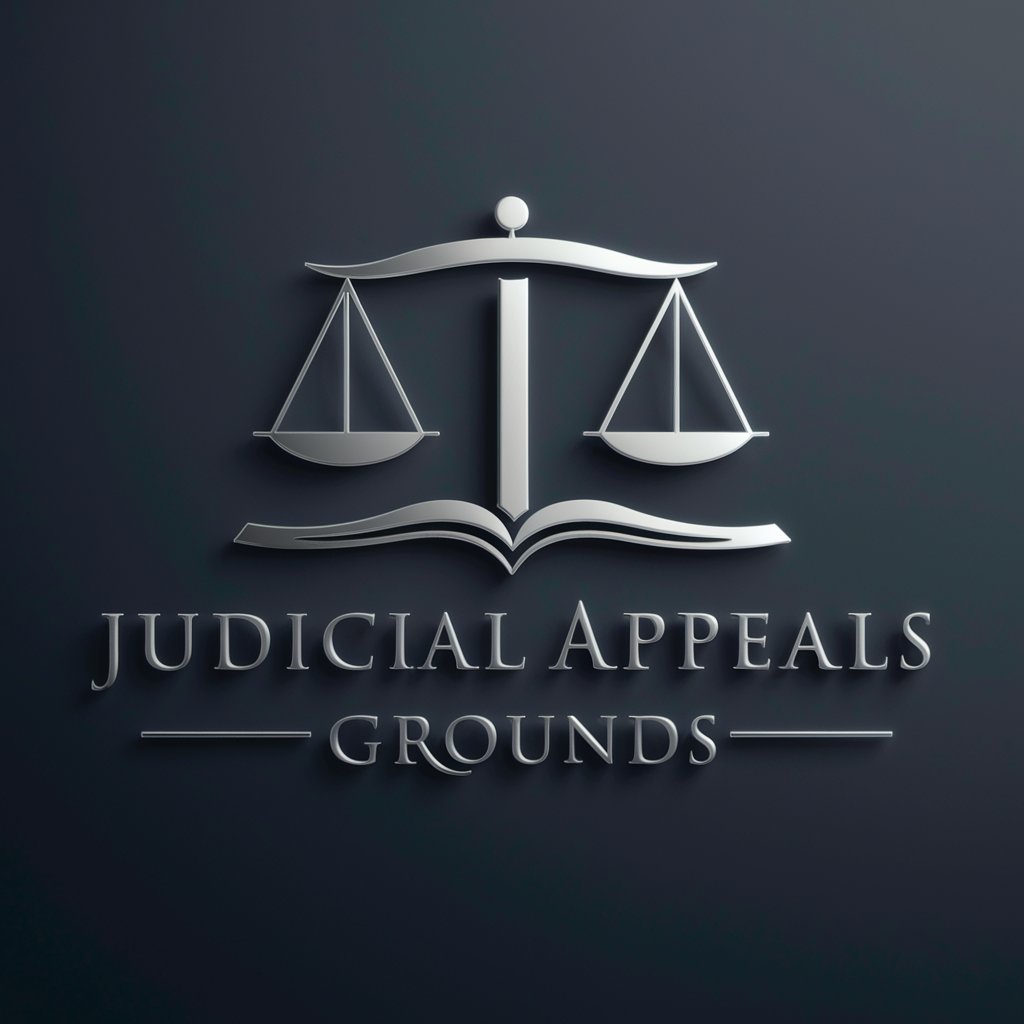
Welcome! Let's explore the grounds for legal appeals together.
Navigate appeal complexities with AI
Explain the significance of procedural irregularity in legal appeals.
How does new evidence impact the grounds for an appeal?
Describe the role of legal error in challenging a lower court's decision.
What are the common issues with sentencing that can be appealed in criminal cases?
Get Embed Code
Introduction to Judicial Appeals: Grounds
Judicial Appeals: Grounds is designed as an informative tool to explain the various bases for legal appeals in judicial systems around the world. It elucidates the conditions under which decisions made by lower courts can be contested at higher levels. Examples include cases of legal error where the law may have been misapplied, procedural irregularity implying mishandling of court procedures, factual misinterpretation involving incorrect facts assumption by a judge, and issues with sentencing in criminal cases. An illustrative scenario might be an appeal against a court decision where the judge has overlooked significant testimony that contradicts the findings. Powered by ChatGPT-4o。

Main Functions of Judicial Appeals: Grounds
Explanation of Legal Errors
Example
A case might be appealed due to the incorrect application of a law that affects the outcome. For instance, a criminal trial where the evidence was improperly admitted or excluded could form grounds for an appeal.
Scenario
An appellant argues that a piece of crucial evidence was wrongfully disregarded, which could have exonerated them, making a strong case for appeal based on legal error.
Analysis of Procedural Irregularities
Example
An appeal might be necessary if a trial was not conducted according to the procedural norms, potentially affecting the fairness of the trial.
Scenario
A scenario could involve a trial where the defense was not allowed to cross-examine a witness properly, leading to an appeal on the grounds of procedural irregularity.
Assessment of Factual Misinterpretations
Example
Appeals often arise from the misinterpretation of facts, where the appellate court reassesses whether the facts were accurately understood and appropriately applied by the trial court.
Scenario
An appeal might be filed if a judge misinterpreted surveillance footage in a theft case, mistakenly identifying the suspect.
Scrutiny of Inadequate Reasoning
Example
Decisions may be appealed if the reasoning behind a judge's decision is deemed inadequate or flawed, not sufficiently justifying the conclusion.
Scenario
For example, if a judge provides a verdict without adequately explaining the linkage between the law and the decision, this could be grounds for an appeal.
Consideration of New Evidence
Example
Appeals can be based on new evidence that emerges post-trial which could significantly impact the case's outcome.
Scenario
If after a trial, new DNA evidence surfaces that could potentially exonerate the convicted individual, this new evidence can be the basis for an appeal.
Ideal Users of Judicial Appeals: Grounds
Legal Professionals
Attorneys and judges can utilize this tool to better understand and explain the complexities of the appeals process, ensuring they are well-prepared to handle appeal cases effectively.
Law Students
Students studying law benefit from clear, concrete examples and explanations of appeal grounds, aiding their educational development and practical law application skills.
Legal Scholars and Researchers
Researchers looking into judicial processes or case law can use this tool for insights into appeal precedents and the reasoning behind appellate decisions.
General Public
Individuals seeking to understand potential legal recourse in personal or observed cases will find the detailed explanations of appeal grounds accessible and useful.

Guidelines for Using Judicial Appeals: Grounds
Step 1
Visit yeschat.ai to begin a free trial without needing to log in, and without requiring a subscription to ChatGPT Plus.
Step 2
Select the 'Judicial Appeals: Grounds' feature from the available tools to start exploring legal appeal grounds.
Step 3
Input your legal questions or topics related to appeals in the provided text field to receive detailed explanations and case law examples.
Step 4
Utilize the responses provided to deepen your understanding of appeal processes and possible grounds in various legal contexts.
Step 5
For complex queries, consider multiple inputs to explore different angles and deepen the analysis provided by the tool.
Try other advanced and practical GPTs
Appeal UK Parking Tickets
Automating your parking appeal process
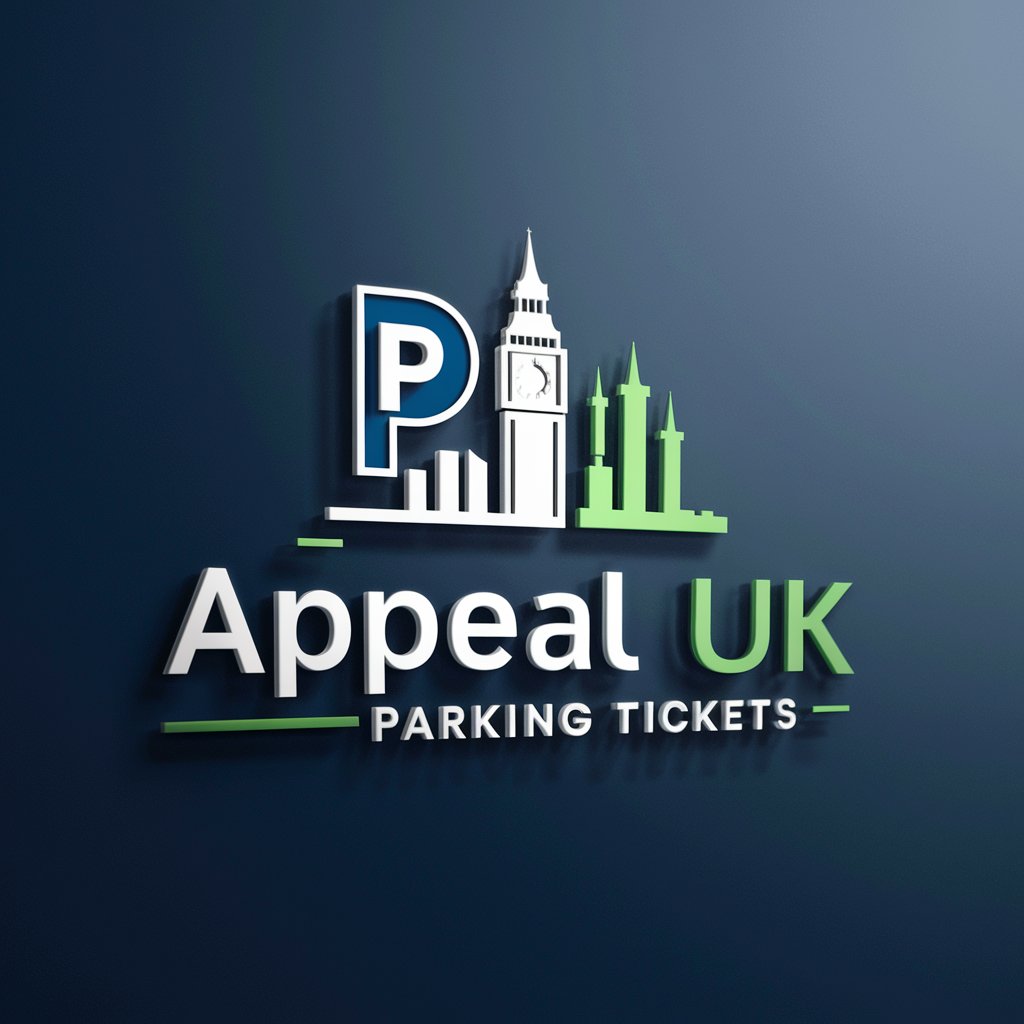
Judicial Appeals: Procedural Irregularities
AI-powered guide to challenging procedural errors
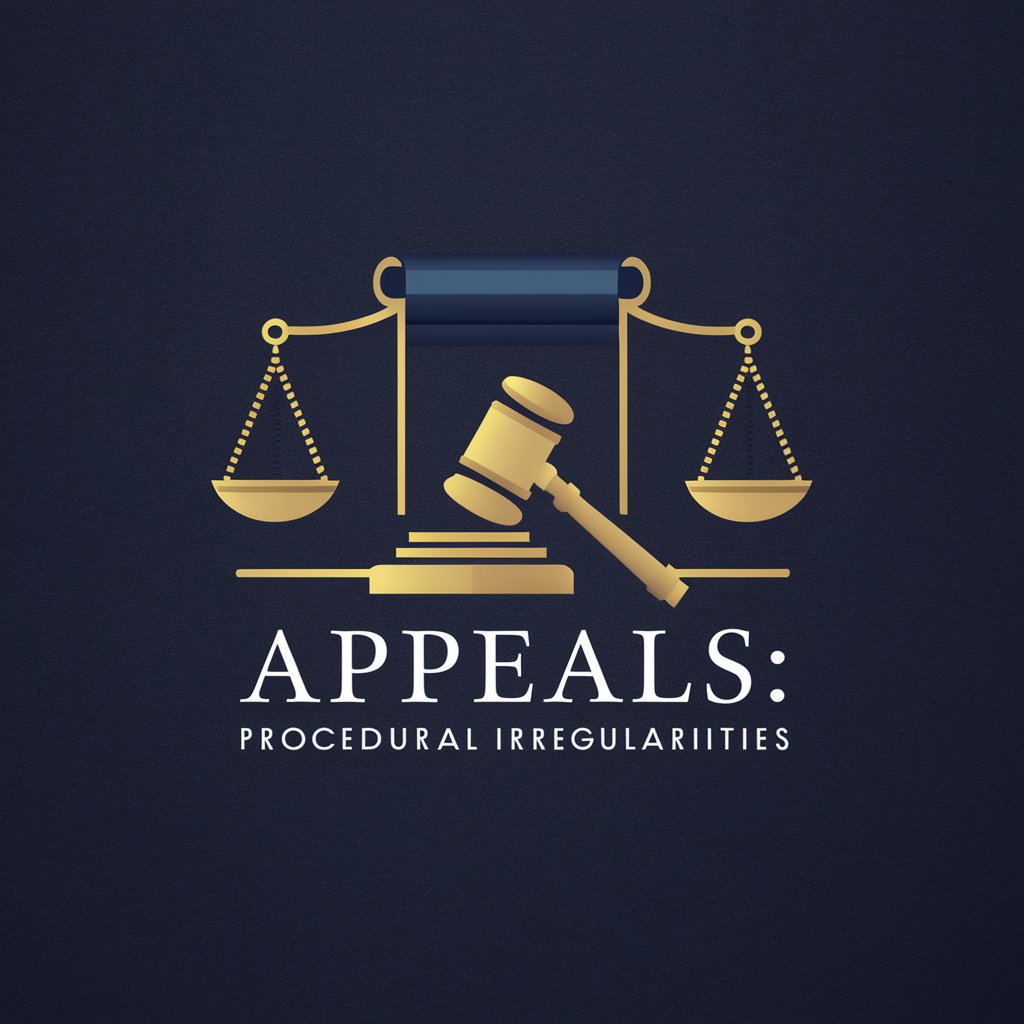
Judicial Appeals: N161 Forms
Streamlining legal appeals with AI-powered support
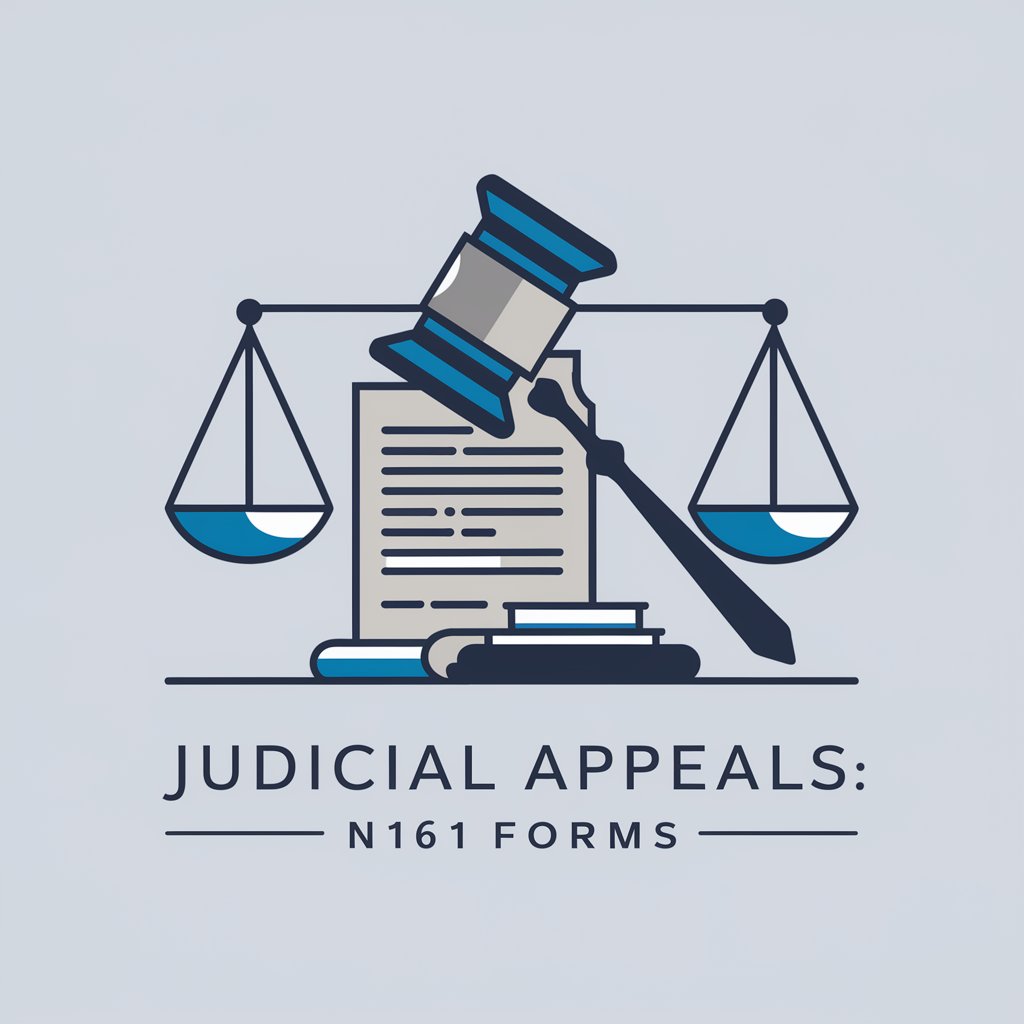
Healthcare Appeals Navigator
Streamlining Healthcare Appeals with AI
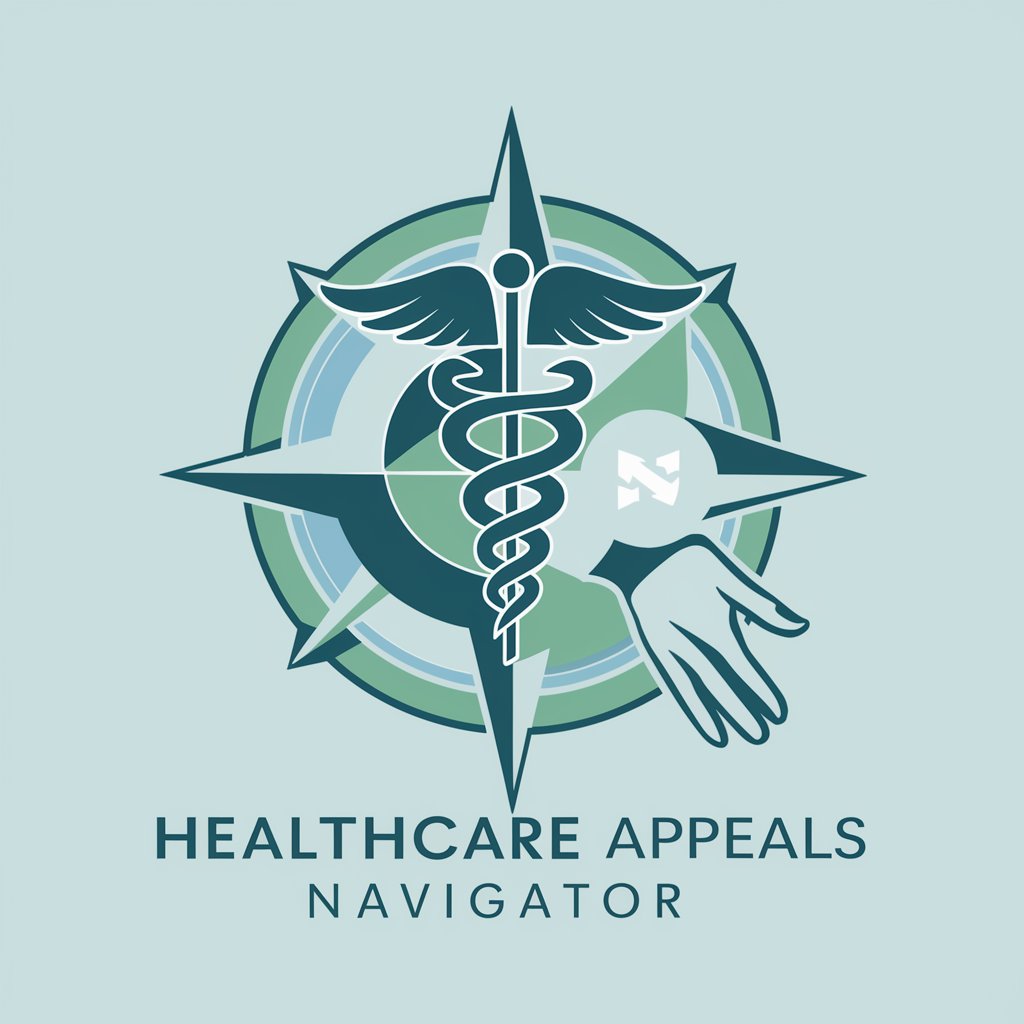
Bond Appeal Assistant
Streamlining Dental Insurance Appeals with AI

Bet Master
Empowering Your Bets with AI

Judicial Appeals: Errors of Law
AI-powered Legal Appeal Assistant
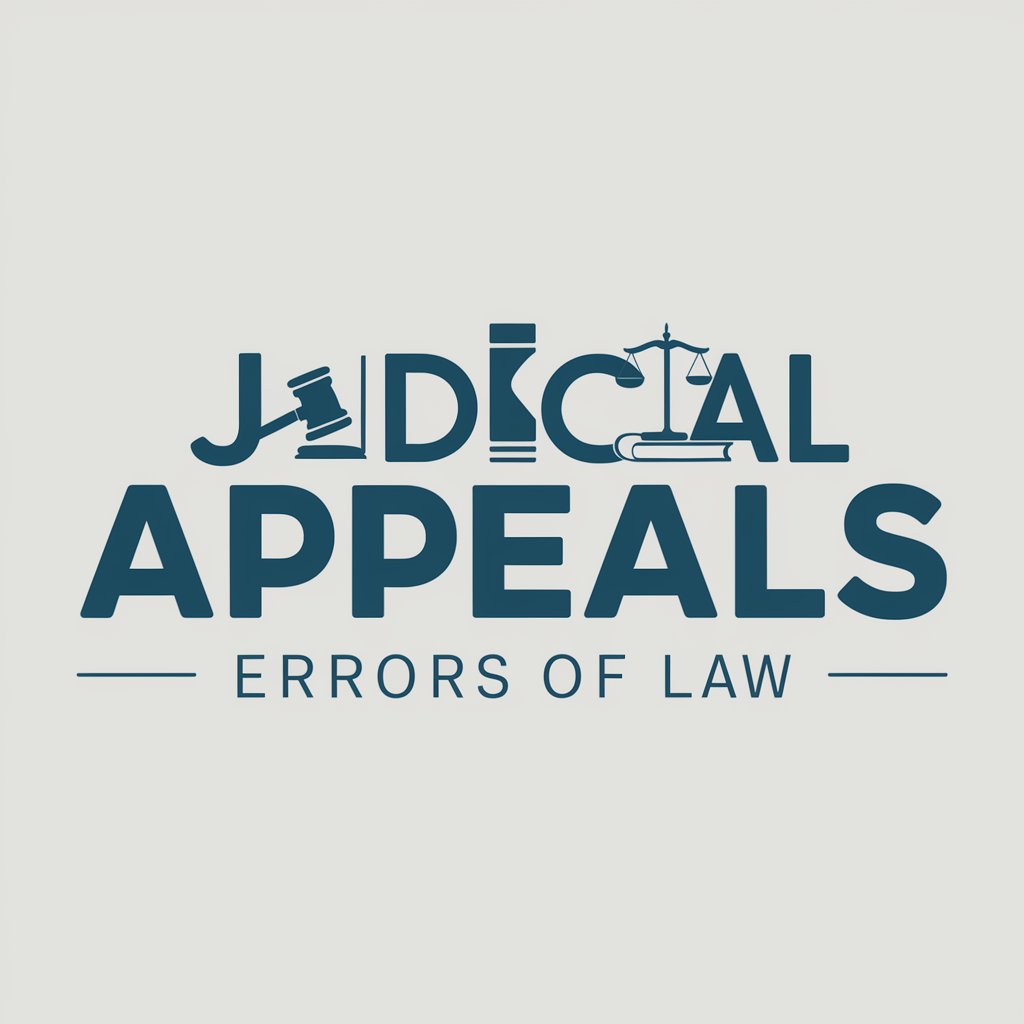
Scotty the Sprout Appeal Scribe Bot
Automate your appeal, maximize your impact.
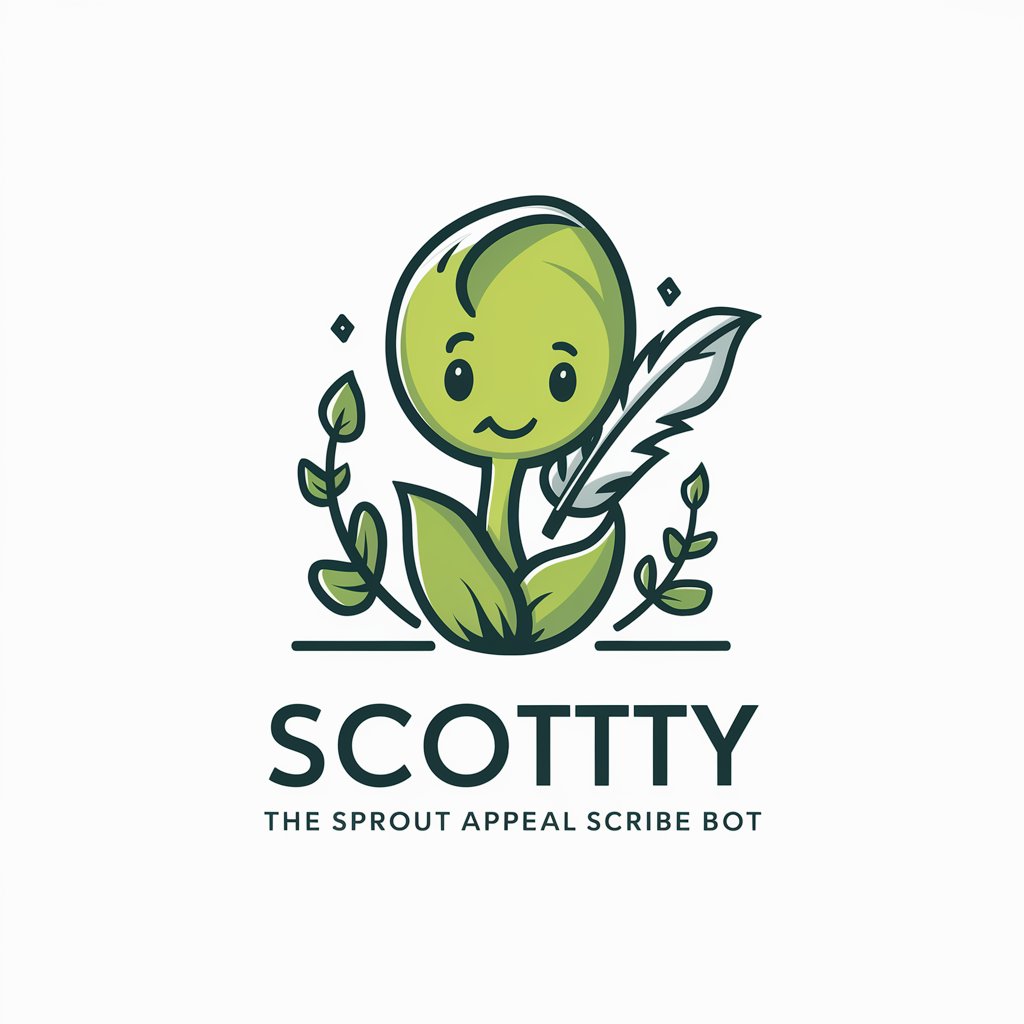
Dansk sekretær med avanceret funktionalitet
Elevating Danish Professional and Academic Efficiency

Drop King
AI-Powered Insights for E-Commerce Success

The Marketing Drop
Unleash Marketing Genius with AI

Drop Shipper Pro
AI-driven insights for dropshipping success

Q&A on Judicial Appeals: Grounds
What are common legal errors that can be grounds for an appeal?
Common legal errors include misinterpretation of the law, improper application of legal principles to the facts, or a judge's failure to adhere to precedent. An appeal on these grounds argues that the trial court made a mistake in applying or interpreting the law.
How does procedural irregularity affect an appeal?
Procedural irregularities, such as incorrect jury instructions, mishandling of evidence, or failure to follow legal procedure, can justify an appeal if they potentially affected the trial's outcome. An appellant must demonstrate that these errors were not only present but also prejudicial.
Can new evidence be introduced during an appeal?
Typically, appeals focus on the record and evidence presented at trial. New evidence is generally not permissible unless it could not have been reasonably discovered earlier and is likely to change the outcome of the case.
What is meant by inadequate reasoning in an appeal?
Inadequate reasoning refers to decisions that lack sufficient justification or fail to address key aspects of a case. Appeals on this ground argue that the judge's decision was not properly reasoned or lacked an adequate basis in the evidence presented.
How are sentencing issues challenged in criminal appeals?
Sentencing issues in criminal appeals can be based on claims that the sentence was outside the legal guidelines, based on incorrect facts, or disproportionately harsh. Appellants argue for a reevaluation of the sentence based on these perceived errors.
